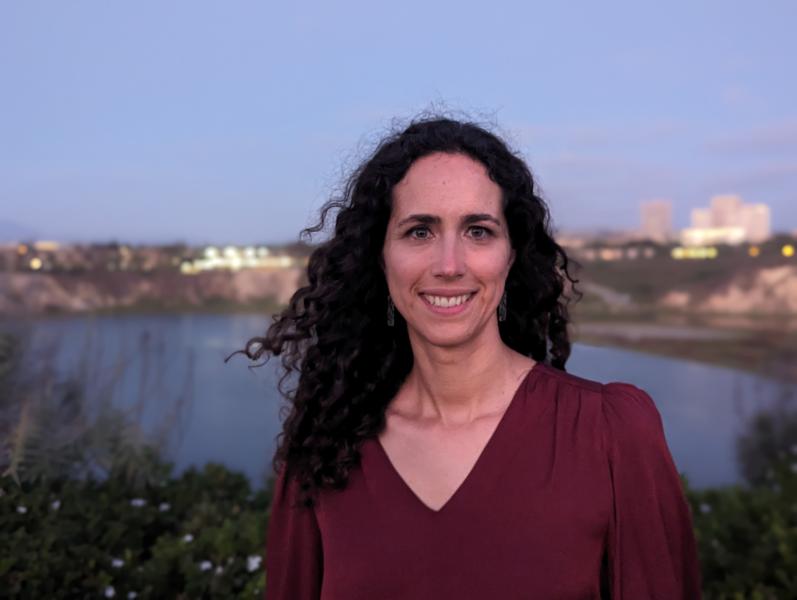
Welcome to the University of California, Irvine’s Master of Public Policy Program (MPP)! As the Director of the MPP, it's always fun to welcome new students, greet our returning students, become re-acquainted with our alumni, and thank our dedicated faculty and staff for all you do to make our program a success.
Why MPP? Public policy is a vocation that can open doors into careers in local, state, national, and international policy-making bodies and institutions, as well as to opportunities to become policy advocates for non-governmental organizations. Public policy is also a calling to help make the world a better place.
- Many of you are intrigued by how governments decide what issues or problems are important to people, and you feel called to understand the roles of power, justice, and the inner workings of decision-making processes in determining what issues to address and how to address them.
- Many of you want to help make decisions that can address these problems and feel called to inform yourself about the most effective ways to make a difference in crafting solutions to them.
- Most likely all of you want these decisions to result in positive outcomes – an improvement in peoples’ lives that help make them healthier, economically better off, more secure, and more empowered to affect the well-being of their communities and the natural environment.
Through UCI's rigorously interdisciplinary MPP program, you will learn how public organizations help design solutions to social problems, who gets to participate in this “solutions process” and why, and how we can determine under what conditions the resulting decisions actually make people better off – as well as why they too often fail to do so.
Why UC Irvine? Our MPP program features world-class professors who specialize on urgent policy issues. You will be able to focus on any number of topical areas of interest to you, including the environment and sustainability, health care, education, housing, transportation, crime, and many others. You’ll also have the opportunity to learn from experts about how decisions within these topical areas are made. This includes, for instance, the role of collaborative governance in policy-making, the ways in which policy-relevant information is used (or not used) in decisions, the place of ethical reasoning and moral discourse in defending and advocating for certain public policies, and the various ways economic and other forms of analysis are used to evaluate the effectiveness of policy-making processes and policy outcomes.
We are also a highly approachable faculty, and are strongly interested in your welfare and well-being. You’ll quickly find that you are not a number in our program but a respected member of a select cohort!
Moreover, we don't just study public policy, we practice it. Many of our faculty advise policy-makers in the drafting of laws, the best ways to incorporate public attitudes and opinions into decisions, and the most effective means to implement policy. Our graduates work in diverse public, private, and non-profit agencies that do the same.
So how can we help fulfill your calling? It starts with you – and with three things:
- Get to know your fellow students, program alumni, and policy experts while you are here – you are now denizens of a community engaged in conversation about policy. There will be opportunities for you to engage on policy issue discussions throughout your academic career at UCI.
- Participate in extra-curricular events and activities – including our various colloquia, as well as other policy-relevant campus-wide and community events and activities you’ll be notified about. Remember: policy is where you find it!
- Get engaged in your community – OC and the surrounding region is truly a living laboratory of public policy issues – from the environment to poverty, immigration, jobs, education, and homelessness.
Please feel free to contact me if you have any questions or comments. I look forward to hearing from you and, most of all, welcoming you to our program!
Sincerely,
Nicola Ulibarri
Director, Master of Public Policy
Associate Professor, Urban Planning and Public Policy